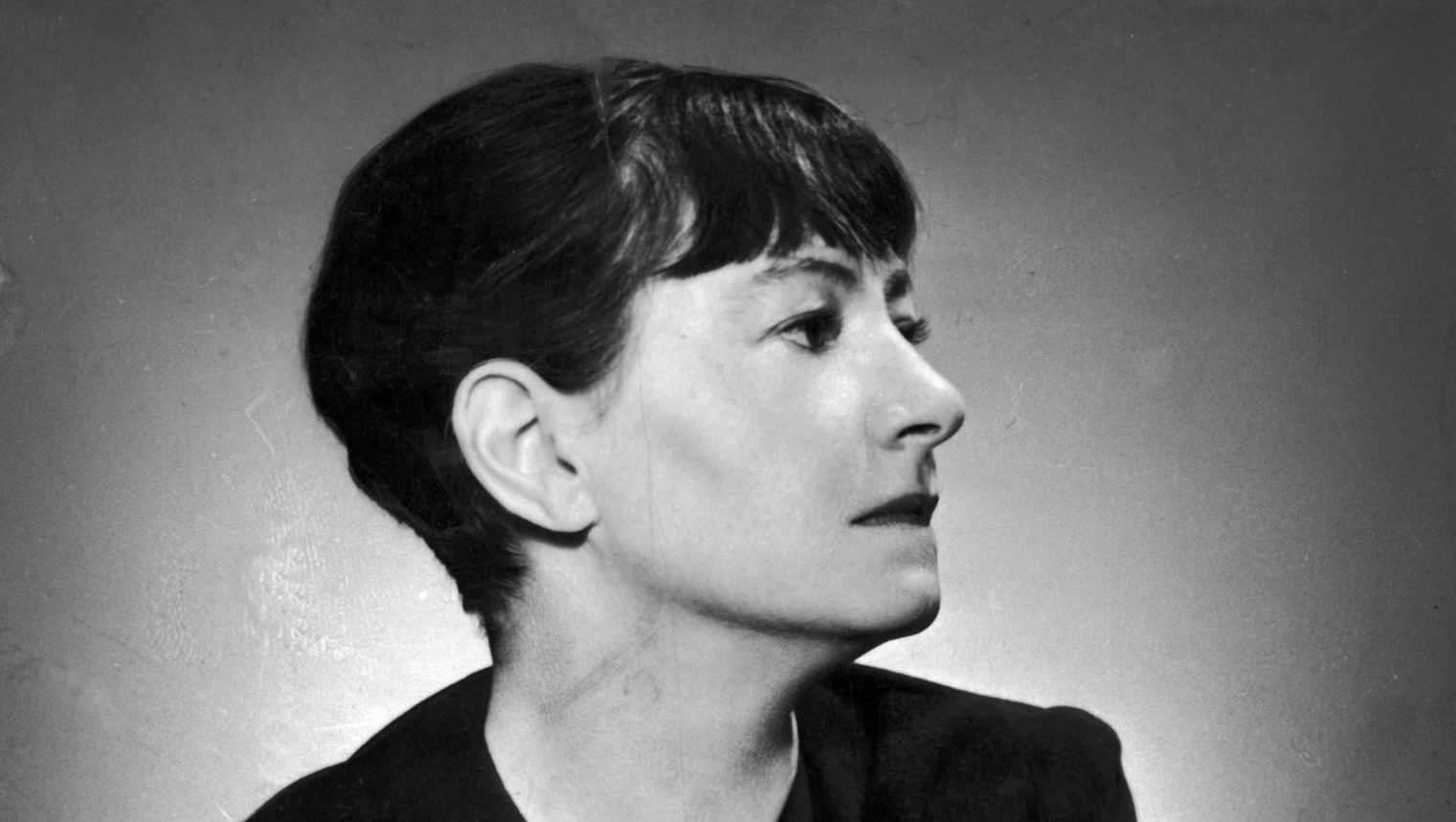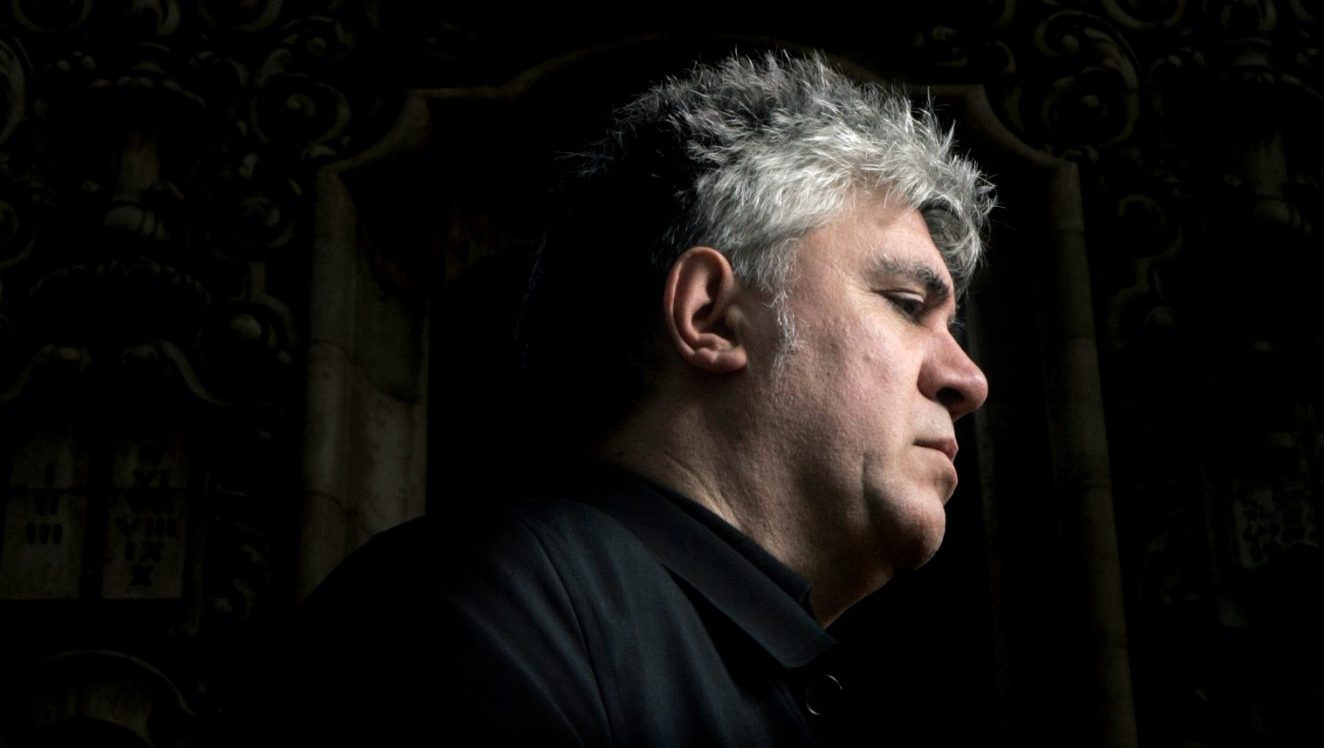Dorothy Parker was a remarkable woman. Although she is most famously known for wisecracking her way through extended boozy lunches at the Algonquin Hotel in Manhattan, when I began research for my new book Dorothy Parker in Hollywood, an entirely different character emerged.
She was a serious and dedicated political activist. So serious, that in 1937 she visited Spain to support the Republican cause during the civil war.
In the summer of that year, Parker was living in a large mansion in Beverly Hills. She was working as a screenwriter in Hollywood enjoying the success of her latest screenplay, A Star Is Born, which she had written with her husband Alan Campbell and Robert Carson. In fact, they had all just been nominated for an Academy Award.
Earning vast amounts of money and dividing her time between the film studios, wild parties, and a farm that she had bought in Bucks County, Pennsylvania, Dorothy Parker seemed an unlikely candidate to be a radical left wing activist. Yet, that is exactly what she was. Throughout her years in Hollywood, she was responsible for campaigning to unionise the writing industry, helping to establish the Screen Writers Guild and the Hollywood Anti-Nazi League, and eventually ended up blacklisted during the McCarthy years for her communist sympathies.
In 1937, Parker was experiencing a rough time in her personal life. She had recently suffered a miscarriage at the age of 43 and was in mourning for her deeply longed-for child. Her political activities were coming under increasing scrutiny by Hollywood studio bosses who disapproved of their writers getting involved in anything that even approached left wing activism.
Parker wryly noted that studio mogul Sam Goldwyn said: “How’m I gonna do decent pictures when all my good writers are in jail?” Then he added: “Don’t misunderstand me, they all ought to be hung.” There was not much sympathy for those agitating against creeping fascism in Europe, something that disturbed Parker from the other side of the Atlantic.
To help Parker heal from her miscarriage, and to remove her from the hot water she appeared to be getting herself into politically, Alan Campbell arranged for them to spend the summer in Europe. The plan was to holiday and relax in Paris.
But a chance meeting one night with the Pulitzer Prize-winning journalist Leland Stowe, who had arrived in Paris from Spain, lent Parker’s vacation an unexpected turn. He asked her, since she was so close, didn’t she want to do something for the Spanish cause?
Defensive and frightened, Parker initially offered a string of unconvincing arguments for not crossing the border into Spain. However, after rigorous questioning from Stowe, she felt it was cowardice that was stopping her. “So I was licked,” said a shamed Parker, “and I went, and I did.” She saw her role as bearing witness to American audiences in the hope of raising financial support when she got home.
There is debate about what Parker produced during her time in Spain. Some critics describe her writing as sentimental; others argue it was some of her most powerful work. Friends noticed that she seemed changed by what she had witnessed.
Whatever the position, Parker deserves some credit. It was 1937. She was operating in a male-dominated world of writing and journalism. The death toll in Spain was alarming. She lived a privileged and safe life moving between Hollywood and Bucks County.
Had she wanted to avoid visiting Spain to report on events there, she could have easily done this. In a piece called “The Siege of Madrid,” written for the left wing journal New Masses in November 1937, Parker dissected her own privilege. She situated herself firmly as someone who had used flippant humour in the past but felt differently now; “Well, now I know. I know that there are things that never have been funny, and never will be.”
Indeed, there is no humour at all in Parker’s reports from Spain. There is admiration, astonishment, fear, respect, trauma. But she does not try to wisecrack her way through the experience.
There appear to be no extant letters from her time there, but we do have journalistic pieces and a short story. What she aimed to capture was the ordinariness of a country trying to exist, trying to keep going, in an extraordinary time. Madrid, a city that had been under siege for almost a year when Parker arrived, was described as “as big and as beautiful and as modern as Washington DC.”
It was clear that Parker was writing to engage an American audience. Although she was told she had arrived during a lull in the fighting, she could not help but notice in the background “the dull boom of the big guns and the irritable cackle of machine guns.”
She knew that this noise equated to blood and death. Nevertheless, she was surprised to find people going about their daily business in crowded streets with shops open.
Despite some families evacuating, Parker wrote that there were still over a million people in the city refusing to leave their homes and possessions. She lauded the education system there, which was ensuring children from all backgrounds had a chance to thrive in whatever career they chose, and although food was scarce, the Republican government had set up feeding stations where mothers could collect milk, eggs, and cereal for their babies. Children played in the street; refugee youths were taken into homes or put into colonies and educated.
Parker visited one colony in Valencia and was surprised to see that far from being a grim institution, it was a happy place of play and learning. Trauma, though, was not far beneath the surface. Children drew pictures of planes, exploding bombs, houses on fire, and body fragments blown into the air.
After one raid in Valencia, Parker witnessed two little girls who saw their father killed trying to get back into the rubble of their house to find their mother. She saw collapsed homes, piles of bricks, people wandering trying to find lost loved ones, the broken body of a dead kitten, and strewn children’s toys.
Parker wrote about her experiences of the air raids. During the night, she found them “almost beautiful, it is like a ballet with the scurrying figures and the great white shafts of the searchlights.” But daytime raids were different. “You see the terrible resignation on the faces of old women, and you see the little children wild with terror.”
Speaking directly to her American readers, she asserts: “They want the same thing that you have – they want to live in a democracy. And they will fight for it, and they will win.”
One reason Parker wrote so little about her time in Spain is explained in a piece called “I Went to Spain.” In this article she states: “I feel that it is my duty and my function as a writer to get my pieces into papers the readers of which do not yet know [what was happening in Spain], and if one of them or two of them are made to think, then I have done my work.”
However, getting editors to accept her work was a whole other thing. Magazines dismissed her articles and referred to them as unpleasant. One editor told her he would only publish her piece if she changed focus and made it in support of Franco. As a final insult, he threw at her: “God damn it, why can’t you be funny again?”
The media and critics were increasing their scepticism towards the left wing radicals. Newsweek sneered at “the startling conversion to the Loyalist cause of hitherto class-unconscious intellectuals” and singled out Parker as someone whose flippancy had been unhinged by her visit to Valencia. She had “heard the call of the proletariat” and lost all her humour.
In later years, Parker would stress how difficult it had been to raise funds for the Spanish cause, yet this is exactly what she did for the next two years. She became national chair of the North American Committee to Aid Spanish Democracy and felt frustration when her effort to raise funds for milk for Spanish children was met with “What are you doing for the children of America?”
Trying to explain how it was all connected sometimes seemed beyond hope. As did some of the people who asked that sort of question. Parker lamented: “How can you answer dopes?”
Even up to the end of the conflict she remained convinced that fascism would be defeated. Having visited Spain, she found the Republicans some of the finest people she had ever met. In 1939, when it became clear that the fascists were going to win, Parker still maintained that solidarity was the only way forward. “But do you think people like that can fail for long, do you think that they, banded together in their simple demand for decency, can long go down?”
In a pertinent warning that rings as true for us today as it did all those years ago, Parker observed: “For heaven’s sake, children, fascism isn’t coming – it’s here. “
Dr Gail Crowther is the author of Three-Martini Afternoons at the Ritz: The Rebellion of Sylvia Plath and Anne Sexton (2021). Her latest book Dorothy Parker in Hollywood is published in the UK on November 21



